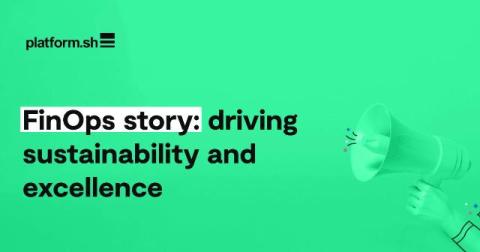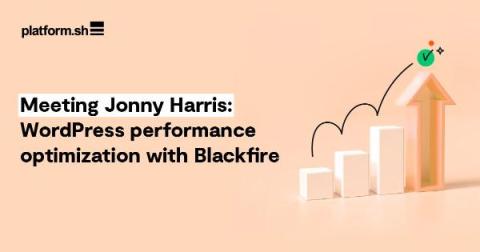Magento performance optimization-Actionable tips and strategies
Is your ecommerce store traffic resulting in enough conversions? If not, your store might be facing performance issues. Amazon loses 1% of its $141 billion online sales for every 100ms of latency. BBC risks 10% of its website visitors for every additional second of load time. As your business grows, the need to build new features, customize code, and integrate third-party systems grows.











